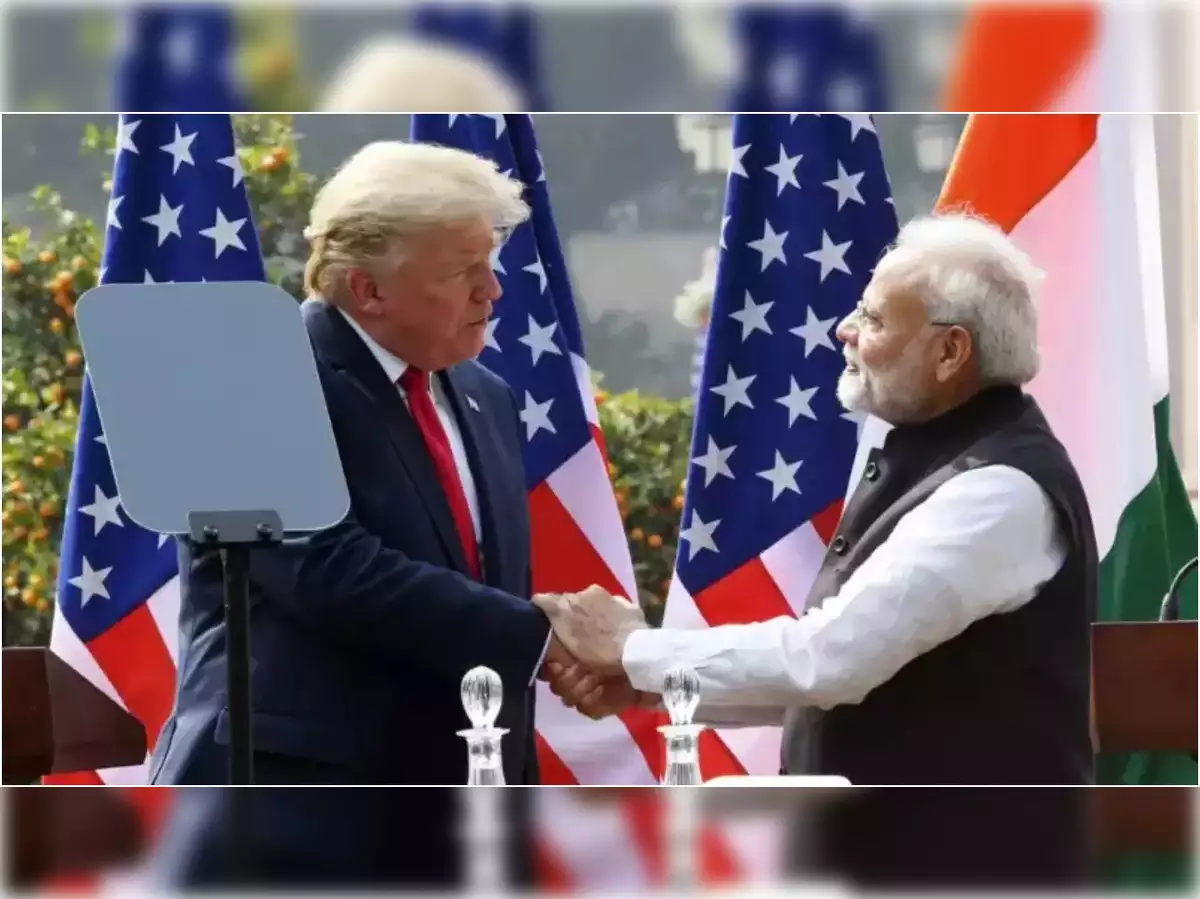India's move to scrap the 6% equalization tax on digital advertising, popularly referred to as the "Google Tax," is perceived as a calculated step to mitigate tensions with America. The tax, which directly impacted U.S. tech titans such as Google, Meta, and Amazon, was one of the sources of contention between the two nations. The repeal is timely amid U.S. President Donald Trump sets the stage to impose heavy tariffs on April 2 on countries with trade surpluses against the U.S., including India.
By doing away with the digital tax, India wants to prove that it is serious about ending trade disputes through diplomatic means and avoid possible retaliatory tariffs. The decision is part of the overall attempt to enhance trade relations, including talks of a bilateral trade agreement that could boost two-way trade to $500 billion by 2030.
But whether this move will completely placate Trump is unclear. Trump's "Liberation Day" tariffs are intended to rectify trade imbalances and would still affect India greatly, as its massive trade surplus with the U.S. remains. In spite of all this, India's high tariffs on U.S. imports remain an area of concern, with Trump calling India a "tariff king".
Source: Hindustan Times, Reuters, Bloomberg

